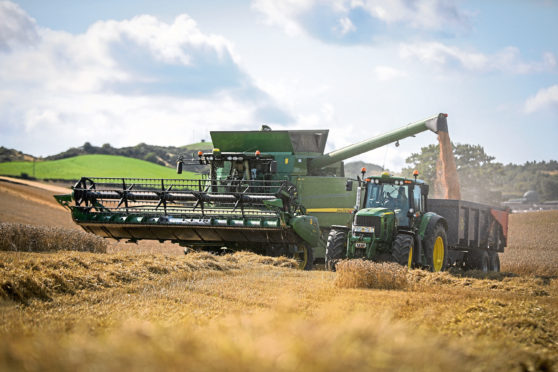European wheat yields are failing to reach their genetic potential and could be capable of increases of more than five tonnes a hectare, according to the latest study by Rothamsted Research.
Scientists at the agricultural institute ran simulations to create “perfect” wheat plants that were tailored to European regions, and when they were compared to the performance of locally adapted cultivars, they found wheat varieties were underperforming for grain yield, with an obvious “genetic yield gap” between reality and possibility.
Researcher Dr Mikhail Semenov said: “Improving genetic yield potential and closing the genetic yield gap are important to achieve global food security. Europe is the largest wheat producer, delivering more than a third of wheat globally, but European wheat’s yield potential from genetic improvements has not yet been realised.”
Dr Semenov and his colleagues looked at six locally-adapted wheat cultivars across the continent, from Spain in the south to Denmark in the north, Hungary in the east and the UK to the west.
The results of their work, published in the journal Global Food Security, show that if their genomes were fine-tuned to their environments, wheat plants potentially produce up to 15 tonnes of grain per hectare.
Dr Semenov is still optimistic wheat yields can be improved. He said modern genetic resource and technical advances provide opportunities to develop “well adapted, climate smart, wheat cultivars” for future climates.
nnicolson@thecourier.co.uk










